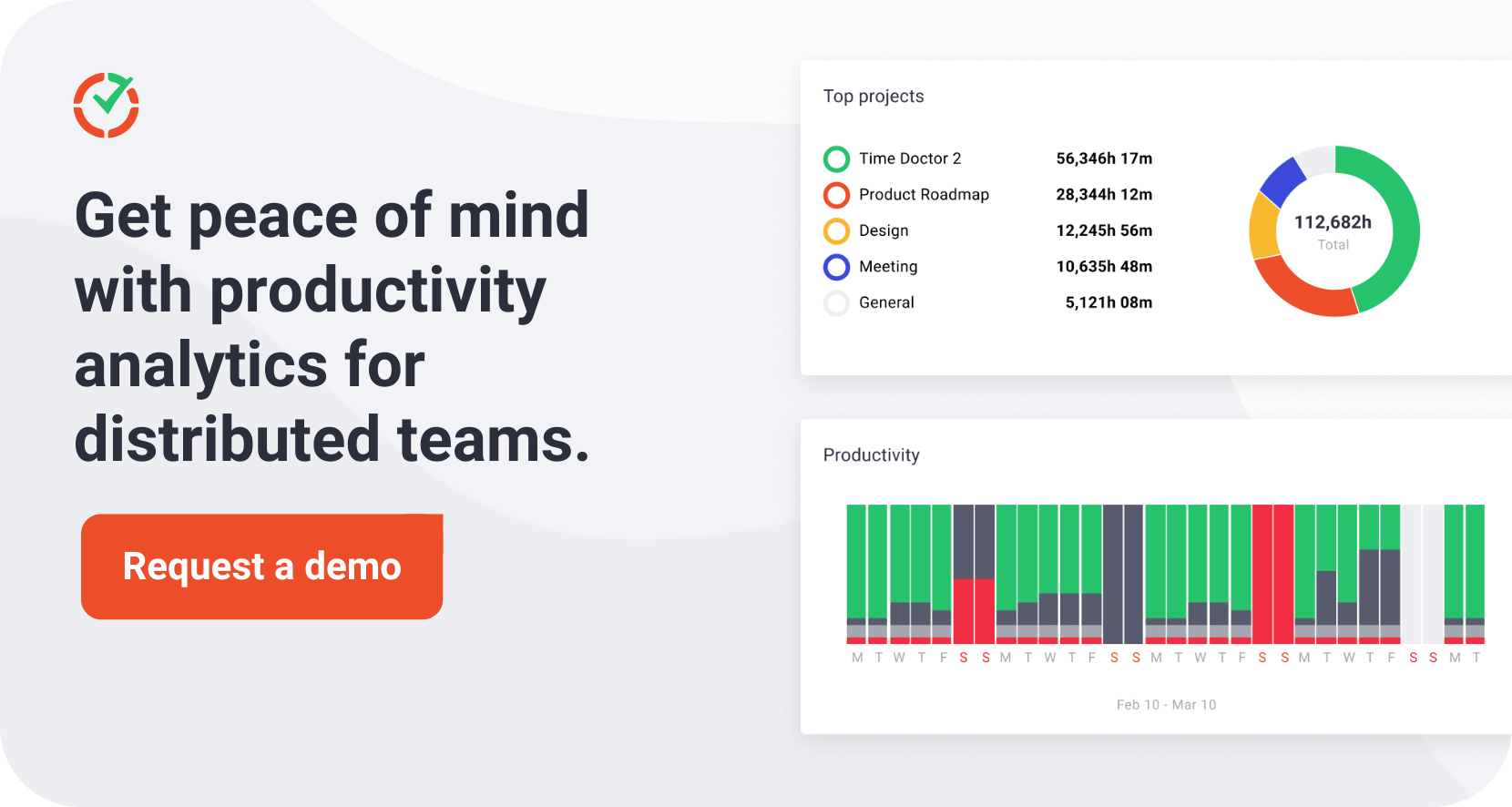At a time when the lines between work and private life have gotten increasingly blurred, finding the right work-life balance has grow to be a top priority for people and corporations around the globe. Latest research from Distant, a frontrunner in supporting distant teams, sheds light on these changing dynamics. It provides insightful information on how different countries excel in balancing skilled responsibilities with personal success.
Understanding work-life balance
Work-life balance is the power to perform work without sacrificing well-being, family time and recreational activities. This goes beyond just splitting time between work and play.
This concept – supported by Distant – emphasizes putting life before work and calls for a paradigm shift in the best way we approach our careers. Finding the right balance is just not the goal of such a balance; somewhat, it’s about flexibility and the liberty to place personal demands ahead of skilled obligations.
Europe sets the bar high
According to Remote’s Global Work-Life Balance IndexEurope is leading the best way in improving work-life balance. Many European countries have introduced measures that significantly help their people lead more sustainable lives.
The European approach is a model for others to follow, starting with efforts to advertise reduced working hours and the power to disconnect from robust healthcare systems and substantial annual leave advantages.
Balance prospects around the globe
The talk on work-life balance is just not limited to Europe; is international in nature, considering different cultural perspectives and labor laws.
Other non-European countries, including Australia and Latest Zealand, have also made significant progress, demonstrating the relevance and appeal of comparable ideas elsewhere. These initiatives aim to construct simpler, engaged and satisfied staff, in addition to improve individual wellbeing.
The function of technology and employers
As Distant’s evaluation highlights, the usage of technology and the actions of individual firms transcend government regulations to realize work-life balance.
The workplace is changing with the appearance of distant work, flexible scheduling, and digital technologies that promote productivity. Employers play a key role in this modification by implementing policies that respect employees’ personal time and support work-life balance.
Application
The worldwide economy, technological development and social norms influence the constant seek for work-life balance. The Global Life-Work Balance Index results not only discover leaders in the sector, but additionally challenge governments, corporations and residents to prioritize well-being while balancing skilled and private responsibilities.
Embracing these values in the long run will probably be essential to making a more content, effective and harmonious global community.
Essentially, achieving the right work-life balance is a person and group effort. We will strive for a future where achieving skilled success and having fun with personal pleasures are mutually reinforcing, somewhat than mutually exclusive, by taking a cue from leading countries and implementing flexible, people-focused working practices.
